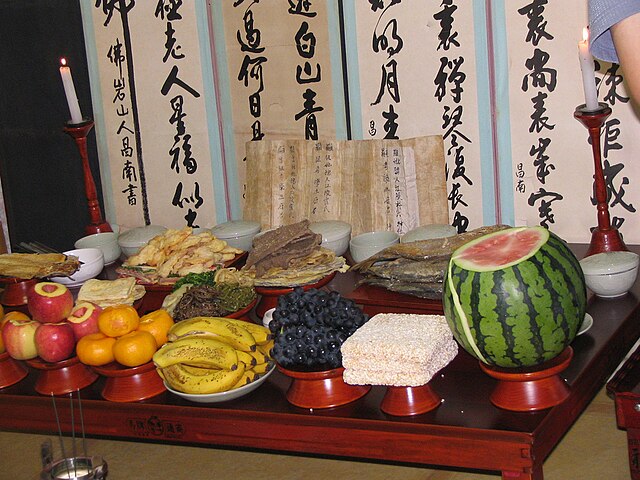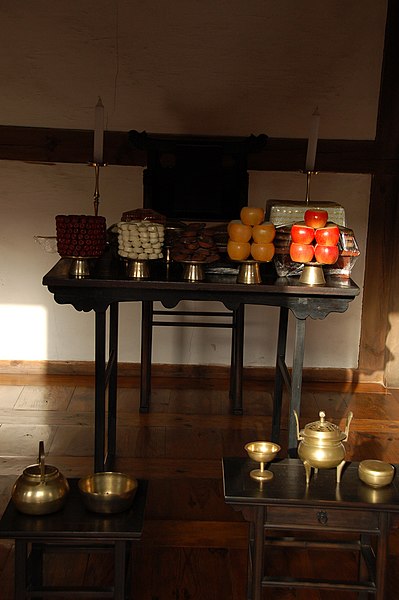Infinite photos and videos for every Wiki article ·
Find something interesting to watch in seconds
Celebrities
Animals
Tallest Buildings
Best Campuses
Largest Palaces
Great Museums
Great Cities
Kings of France
Rare Coins
Supercars
Orders and Medals
Presidents
Sports
Great Artists
Countries of the World
Crown Jewels
British Monarchs
Ancient Marvels
Largest Empires
Famous Castles
Recovered Treasures
Wars and Battles
World Banknotes
Wonders of Nature
Richest US Counties
History by Country
more top lists








